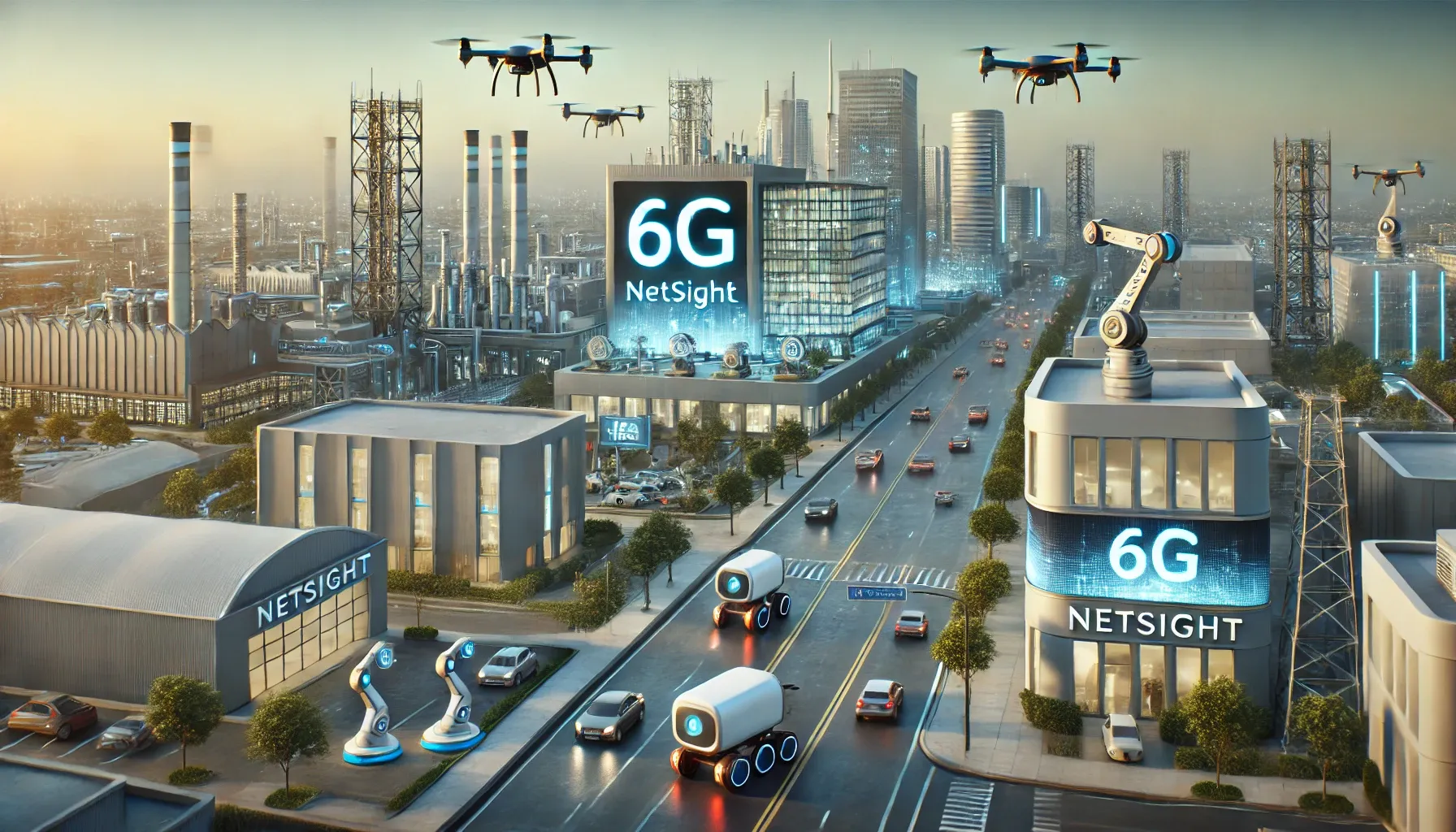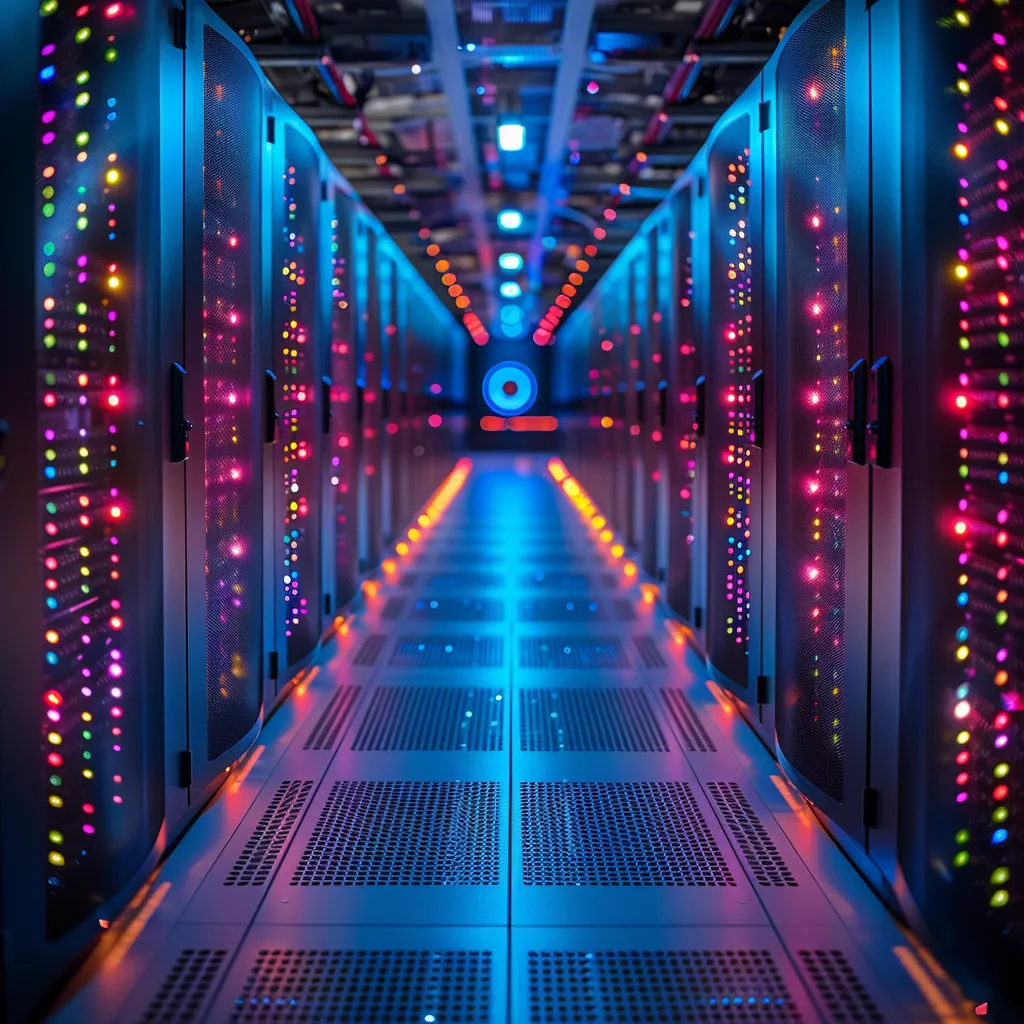THE IMPACT OF AI ON THE SUPPLY CHAI N
It is estimated that in the next two years, more than half of the world’s procurement and supply chain vendors are looking to enhance large parts of their operation using the capabilities of AI.
All, in order to streamline the supply chain and facilitate the procurement process using the main attributes of modern AI: the ability to perform human-like tasks, while adjusting to new inputs and also learning from experience.
Why is AI the new top dog in this industry?
Smarter procurement process
Through its algorithms and analytic process, AI is influential when it comes to better decision making that provides a competitive advantage.
From a practical point of view, the machine learning technology comprising the AI shows superior results than its human counterpart, enhancing the supply chain process in all critical aspects.
Furthermore, the analytics collected in this AI-enhanced procurement process can be used to identify savings, while also helping streamline operations.
Automation of small tasks
With the introduction of AI, small tasks can be handled much swiftly, in some cases minutes instead of hours.
Areas such as invoicing and purchase approvals will not depend anymore on the volume of data when it comes to processing time, but will depend on the ability of AI to act as an instant digital multitasker.
Upgrading process engineering
While traditionally, robotics was a different branch than AI, now more and more businesses are pairing automation with predictive analytics for a better management of the operational processes.
This minimizes production line delays and complexities, creating a system where as soon as a supply chain exception is identified, it takes only a few seconds or less for the AI to decide on the course of action.
Better response to supply chain shifts
Companies can now respond more effectively to changes in the supply chain, given that AI is basically an interaction bridge between smart data, the Internet of Things (IoT), sensors along the supply chain, and other smart tools.
For instance, AI is already enhancing supply-chain operation for many major players on the market, by automatically shifting deliveries or orders to a different port, based on unforeseen natural or man-made disasters.
Unifying all departments
While traditionally, each department of the supply chain machinery was its stand-alone entity that somehow needed to find a way to collaborate with the others, the addition of AI automates and unifies the entire supply chain under one universal mechanism.
For instance, once the data is set in place, algorithmic insights can be forwarded to a shared dashboard available to various stakeholders, thus providing a central overview of the entire line of operations for a better and fully aware decision-making process.
Improved demand forecasting
In order to have an opportunity, one must first identify it. That’s where AI comes to shine.
Using algorithms to optimize demand plans, adjusting stock strategies, or finding optimal delivery routes, a company’s market potential gets enhanced, as the ones in charge can make informed decisions about pricing, growth, and customer acquisition.
By building a solid data foundation through the use of analytics, the AI machine can then find unexpected or hard to spot opportunities using its algorithmic processing.




